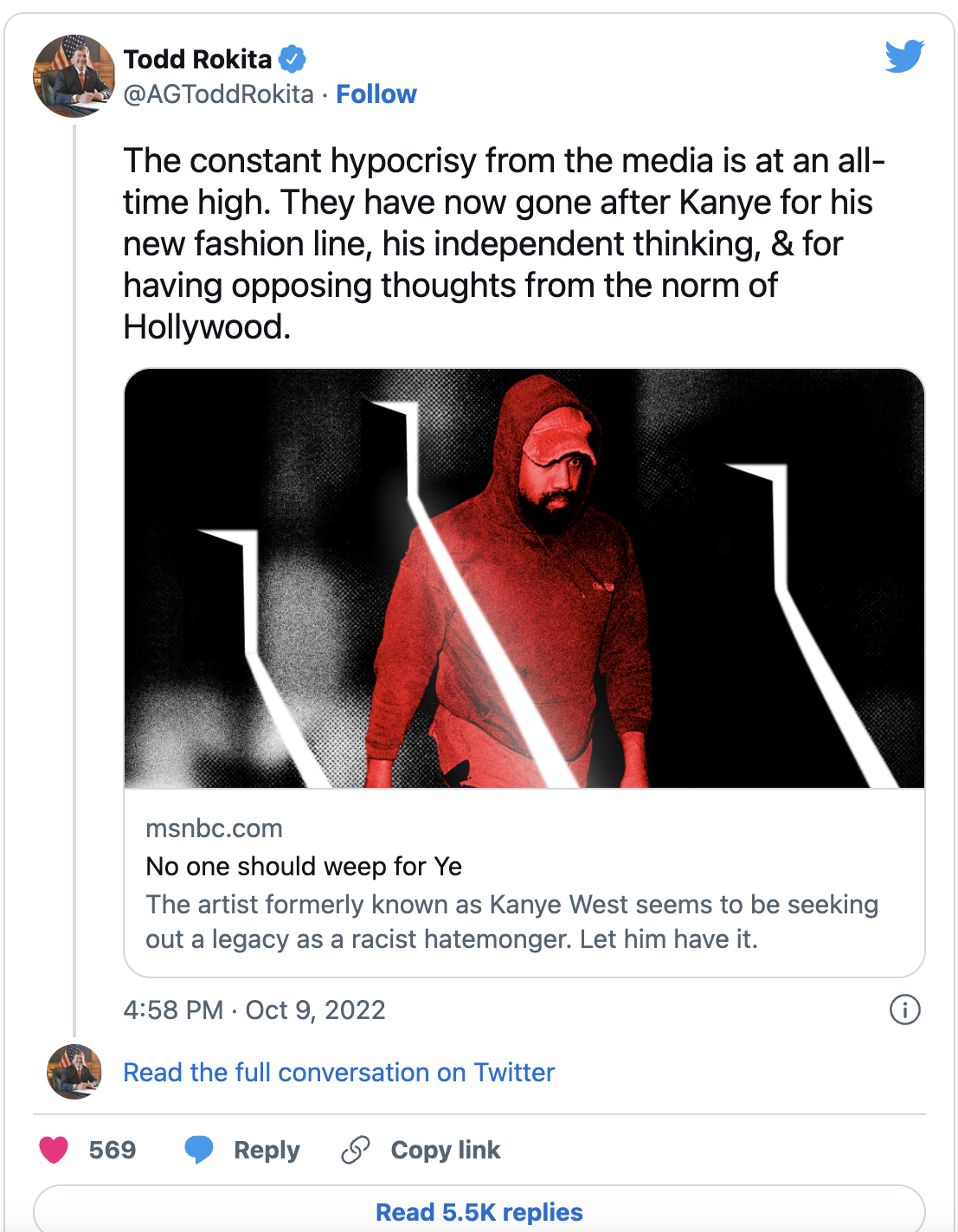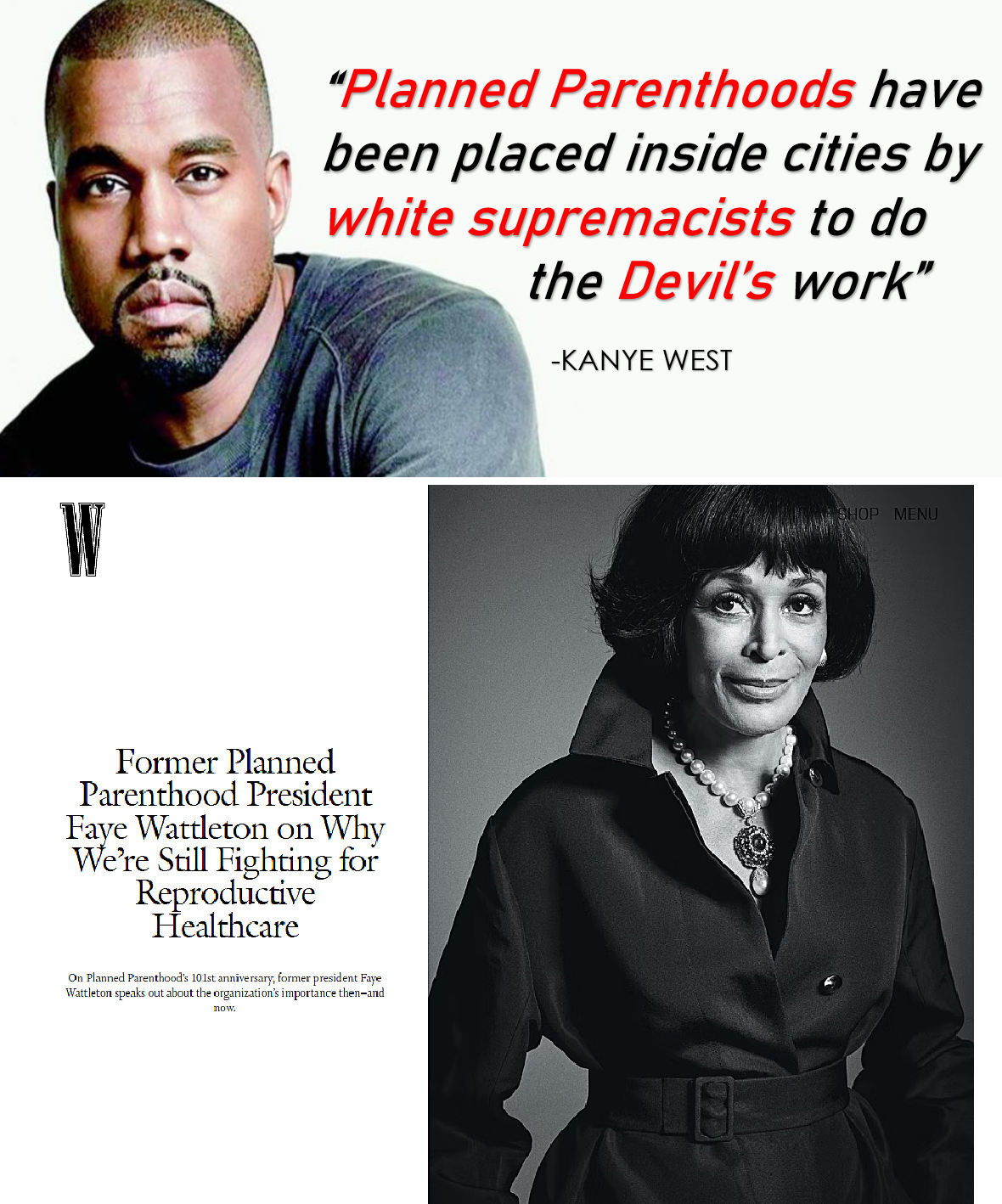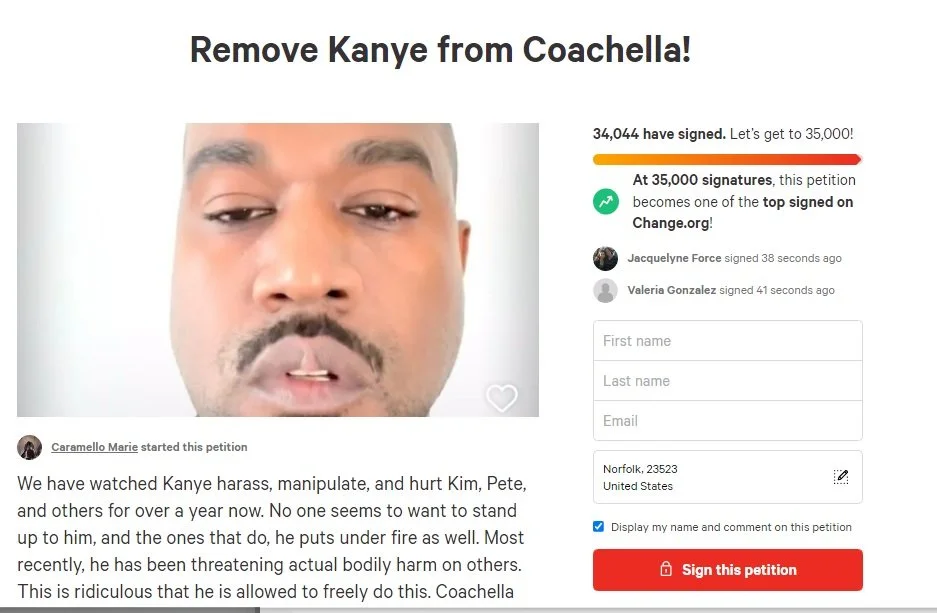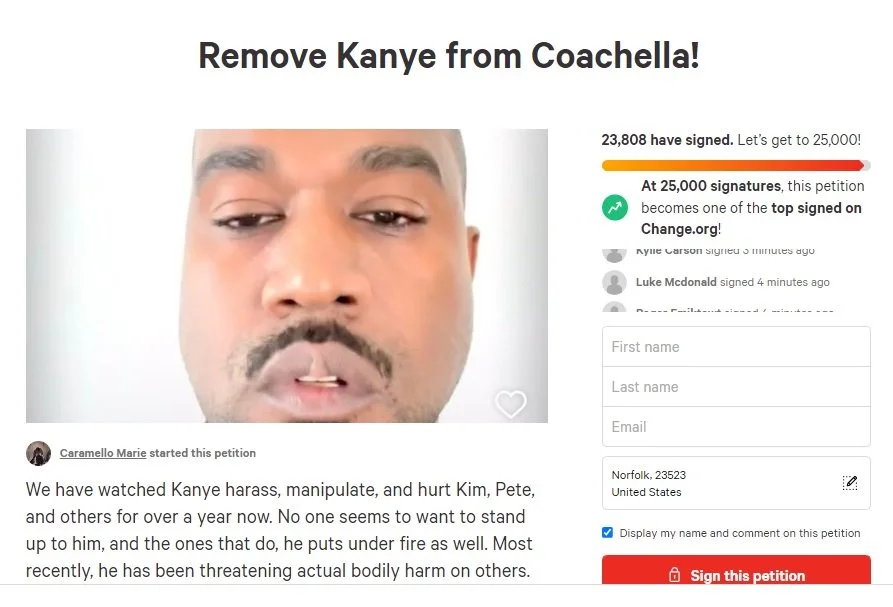Bernie Sanders Gets Tough Talk On His Love Of Castro and the Sandinistas
/When Bernie Sanders Thought Castro and the Sandinistas Could Teach America a Lesson The Daily Beast
The Sanders campaign is expressing shock, surprise, and some anger at how he's being treated by the media post Nevada primary. Hillary supporters have watched Bernie Sanders enjoy a seemingly limitless honeymoon with the press, while Hillary is put under the daily hammer.
Digging into the facts is critical for any Democratic candidate as a premonition of what Republicans will throw at him or her in the general election. And we agree that post Nevada primary, journalists are digging in -- even if it means watching 40 years ago microfilms.
If CNN can ambush Sanders by reaching back to 1974 and his not-entirely-unreasonable criticism of the CIA, perhaps another enterprising television journalist will ask the candidate-of-consistency one of the following questions:
— Do you think that American foreign policy gives people cancer?
— Do you think a state of war—be it against the Vietnamese communists, Nicaraguan anti-communists, or al Qaeda’s Islamists—justifies the curtailment of press freedoms?
— Do you stand by your qualified-but-fulsome praise of the totalitarian regime in Cuba? Do you stand by your unqualified-and-fulsome praise of the totalitarian Sandinista regime in Nicaragua?
— Do you believe that bread lines are a sign of economic health?
— Do you think the Reagan administration was engaged in the funding and commissioning of terrorism?
A weird palette of questions, sure, but when Sanders was mayor of Burlington, he answered “yes” to all of them. Hidden on spools of microfilm, buried in muffled and grainy videos of press conferences and public appearances, Mayor Sanders enumerated detailed—and radical—foreign-policy positions and explained his brand of socialism. (If you find foreign-policy debates tedious, feel free to ask Sanders if he still believes that “the basic truth of politics is primarily class struggle”; that “democracy means public ownership of the major means of production”; or that “both the Democratic and Republican parties represent the ruling class.”)
In South Carolina, Hillary Clinton showed how she'll run against Donald Trump VOX
Democrats are likely to unify no matter who the Republicans choose, but Trump is loathed by the left in a way the other Republicans simply aren't. A February Economist/YouGov poll found that while 43 percent of Democrats had a "very unfavorable" opinion of Marco Rubio, 71 percent of Democrats had a very unfavorable opinion of Donald Trump.
Trump, however, isn't simply loathed among Democrats. He's also disliked by independents, and he's controversial even among Republicans. Forty-two percent of independents, and 24 percent of Republicans, have a very unfavorable view of Trump. The numbers for Rubio are 24 percent and 9 percent, respectively.
And it's not just polls. Elite Republicans are already starting to say that they'll vote for Clinton over Trump — a phenomenon that will likely be small, but will serve to signal how broad opposition to Trump really is.
Making Clinton's job even easier is that Trump's message is, itself, divisive — it's soaked in racial resentment and xenophobia, and delivered through insults and angry rants. It's also, crucially, understood by mediating institutions like the press to be a divisive message. Trump's candidacy is (correctly) covered as an unusually ugly, rage-powered phenomenon.
It's worth noting here that Clinton also has very high unfavorables. She is about as divisive a figure as exists in the normal realm of American politics, but Trump is something new, and he has cut through the Republican Party by exploiting tensions most politicians fear to inflame.
Clinton did best among poor voters in South Carolina, taking 82 percent of those who earn under $30,000 on her way to a 37 point victory, according to exit polling by The New York Times.
Here are the results by income, according to The Times:
- Among voters earning under $30,000: Clinton beat Sanders 82-18.
- Among voters earning $30,000-$50,000: Clinton beat Sanders 71-29.
- Among voters earning $50,000-$100,000: Clinton beat Sanders 66-33.
- Among voters earning over $100,000: Clinton beat Sanders 70-30.
Of course, this discrepancy is largely driven by Clinton's huge 87 to 13 point margin of victory over black voters. But that's the point — outside of states like Iowa and New Hampshire, many low-income and working-class voters aren't white. Unless Sanders is able to win working class voters beyond the whitest electorates in the country, his revolution may be over almost as soon as it started.
Bernie's Revolution Hits a Wall Politico
The next battleground for Bernie’s brigades is the convention, where, depending on the size of his delegate haul, he may be able to make a claim for the heart and soul of the party. In the run-up, Sanders could try to influence Clinton’s vice-presidential choice. On the convention floor, he could force platform fights that reveal the breadth of support within the party for his agenda. At the podium, he could point to his dominance among young voters as proof that his vision is the party’s future.
And … then what?
The Sanders campaign has exceeded all expectations, tapping into a democratic socialist vein in the electorate that many thought did not exist. But losing campaigns typically fade away. If Bernie’s backers want to see their revolution live beyond the arc of Bernie’s candidacy, they will have to adapt to new terrain. They will have to wage battles less exhilarating than a presidential campaign but strategically necessary for lasting change. The general election marks the first test of Sanders’ ability to lead his own revolution when the immediate goal is no longer revolutionary.
South Carolina sets up Super Tuesday endgame for Sanders Politico
Sanders’ operatives said they are looking beyond Super Tuesday, to the more friendly terrain of Kansas, Nebraska, and Maine to deliver them wins. But by then, Clinton operatives predicted, it could be too little too late to close the delegate gap.
“Our delegate lead will only grow in the period after Super Tuesday,” Berman said.
It’s a similar situation to the one which Clinton found herself in eight years ago, when Obama established a delegate lead during 11 consecutive victories after Super Tuesday and she was never again able to catch up. In that race, Super Tuesday resulted in a colossal tie between Barack Obama and Clinton.
This year, however, it’s on Super Tuesday that Clinton operatives expect to open up a wide lead of up to 50 delegates or more and leave Sanders behind for good.
“Super Tuesday in 2016 is not the same as in 2008, when the Democratic candidates fought to a draw,” said Berman. “This year it is much more Southern dominated, heavily diverse with African American voters in many states and Hispanic voters in Texas. South Carolina is telling us how well Sanders can compete among these voters and how he’ll perform in three days on Super Tuesday.”
Hillary Clinton Headlines February 29, 2016
Hillary Clinton looks to close Bernie Sanders out in March CNN
What now for Bernie Sanders? Hillary Clinton's South Carolina win puts him on his heels LA Times
What Hillary Clinton's massive win among black voters really says Washington Post
How South Carolina's Black Vote Saved 2016 For Hillary Clinton The Nation











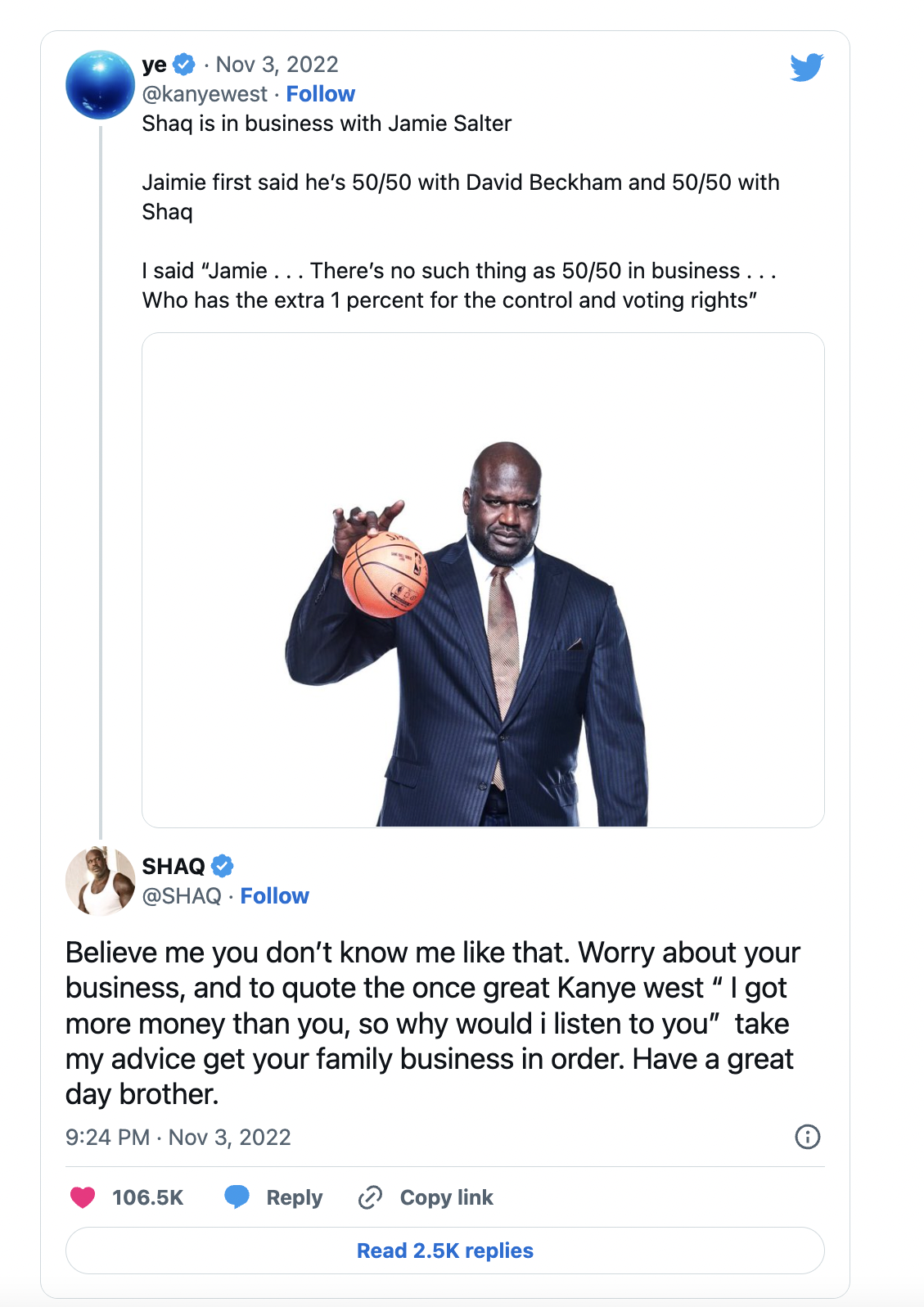










![Kanye West's [aka Ye] Refusal to Treat His Mental Illness Is No Excuse For His Anti-Semitism](https://images.squarespace-cdn.com/content/v1/55f45174e4b0fb5d95b07f39/1666238183530-4WVG9SNG88HTSKQ0WWDV/Is+Kanye-West-Running-Out-of-Platforms.png)
